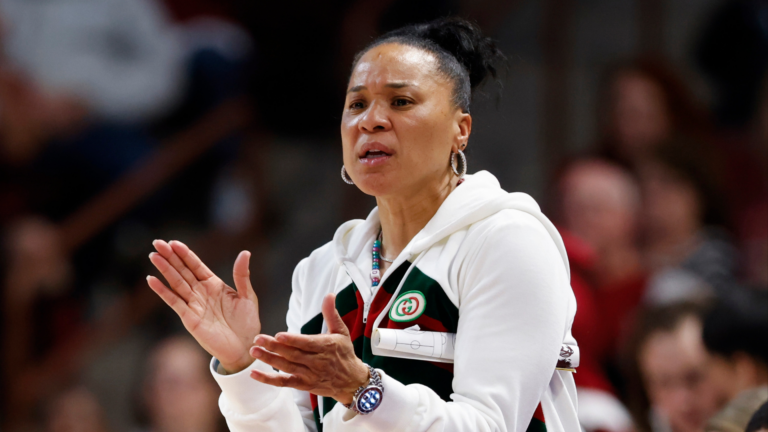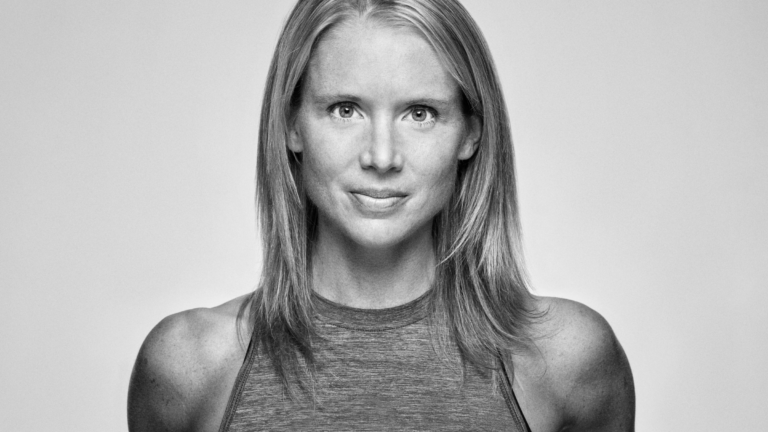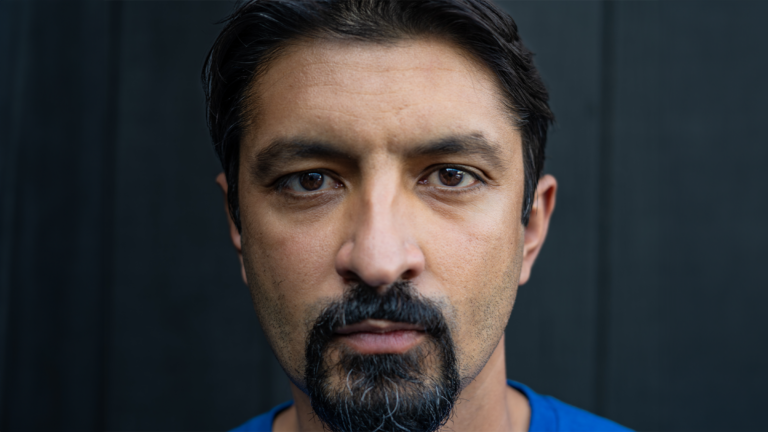This week’s conversation is with Michael Bennett, a defensive end in the National Football League.
Michael signed with the Seattle Seahawks as an undrafted free agent in 2009 and was an instrumental member of the 2013 team that won the Super Bowl. He’s also a 3x Pro-Bowler.
While Michael’s craft is football, there is so much more to Michael the human being.
He’s an advocate for social justice and after the events of the last week and the ongoing protests, I wanted to have him on the podcast to more than anything else just … listen.
Michael’s words are significant. He has much to share. But what I found even more powerful than his words was his tone.
He doesn’t once raise his voice, he doesn’t blame others, yet you can hear the pain and yearning for change; for a different America.
We discuss the systemic issues that make it everyday life difficult for African-Americans and what each of us can do to make a positive impact going forward.
This is an incredibly difficult, yet important time for our country.
I recognize that change requires action and solely talking about it will not suffice.
At the same time, I hope that we can use this platform to continue to learn, to better understand, and to empathize with those who have felt silenced for so long.
“When we can have love other people, we can transcend our own self-interests. It will be better for the group, because as much as we want to say, the economy, the money is the most important thing, the real value on the planet is human beings.”
In This Episode:
What was his family like?
My dad was in the military and my mom actually had me at 16, so I kind of grew up with younger parents. My mom was a great woman, but I think anybody that has kids so early, if you have five kids before you’re 21, you don’t get a chance to be a kid, you’re in that limbo between being a kid and an adult.
Where did he grow up?
I grew up in different areas in some of the hard and roughest places in the country. I grew up in San Diego when it was really high gang violence back in the day. I remember the first time actually I was telling my friend that listen man, I looked back it’s one of those things. Actually, the first time I ever saw a dead body I was like seven years old. The first time I seen a dead body just lying in an apartment complex on the ground. I always thought like that was just life. People die and people have these traumatic experiences in growing up and they shape people to who they are as an adult.
Did he always want to play football?
I never thought I’d be in the NFL and just along the way it was like, Oh man, I’m good at this. There’s more opportunities and college coaches started coming I was like, Oh, cool, I can kind of do this thing, right?
Trouble connecting with his coaches
I always felt like there was this battle when it comes to white coaches and black players. White coaches seemed like father figures for a lot of players and that was hard for them to understand that I’d had a father and I was here to play football. There was always a clash because I don’t need you to teach me how to be a man. I have a black father who could teach me how to be a black man in America and it’s hard for white coaches to really understand what it’s like for their players.
Why it’s difficult for black athletes to stay true to themselves
I feel like people are doing this dance, they’re really looking to be accepted and also to be able to seem like they can assimilate into that new culture and that new world that they’re going, because there’s this cutoff line like that identity of you can’t come above this line.
This line right here is for certain people who speak a certain way, that dress a certain way, that have a certain car, they have a certain degree and so there’s this war within yourself. This idea that you’re not accepted for who you are but your talent is accepted is a hard burden for anybody to really deal with, right?
What do more people need to understand?
I think people need to understand that there’s another world. There’s two Americas. We have the America where people who are privileged get to enjoy it, the idea and the fundamental ideas of the forefathers of America, the justice, the equality, the power, that everything that comes with the idea of being an American, but then there’s this other underlying America where they suffer every time for all the things that are supposed to be for all Americans. I think we’re not dealing with the problem of skin color right now and the racial tension in America, we’re really dealing with the lack of humanity for other human beings who don’t look like you, who are not part of your groups.
The real issue
We’re dealing with spiritual wounds that haven’t been mended. We’re dealing with America who hasn’t reconciled it’s history to acknowledge the pain and the hurt and the trauma that is put on this people of color and the people of color who have been the working class of this country since the beginning. The people who pick the cotton, the people who built the white house, the people who do every type of work that nobody else wanted to do, we did those jobs and still we face persecution.
What he wants
We all want food. We all want shelter. We all want equality. We want to be able to take care of our kids. We want to really feel like when we get in the car that we could come home and then we’re going to have the opportunity to see our kids once again. This is what we’re dealing with. When we see George Floyd we see us, we see that could be me one day.
It’s time for America to look in the mirror
The thing about the mirror, when you look at that mirror and you see those scars, you see that aging, you see that you’re not the same person that you’d be. I think America has never looked in the mirror and seen the reflection and really looked at what has been personified for it’s people and the justice that has been so ingest to the people that love and work hard to be as citizens of America. I think white people haven’t looked in a mirror and really looked at themselves and ask themselves, what have I done to help another human being? This isn’t about color anymore. This is about humanity. This is about justice for other human beings living.
How can you help?
I think it’s time for people to stand up for everything that they hold true and dear to themselves. The same rights and the same thing that they love for their kids and a state that they want. They need to go out and fight for it for other people of color who are not having those things. I think we have to find a sense of empathy and a way to connect spiritually with other people and really understand it.
How has COVID-19 impacted these protests?
I think the COVID-19 really unveiled a lot of stuff about America. I think it really showed the racial disparities upon America and it wasn’t just African American people, it was Latin people, it was Asian people. It showed that there was a real racial divide in healthcare. There was a real racial divide in income. There was a real racial divide in essential workers of America and all those essential workers that worked in a grocery store and the odder jobs were people of color.
His issue with capitalism
The number one thing that we realize in a capitalistic society is that humanity is not first and we witnessed that. You see other countries shutting down because they were more worried about humanity and human beings, which were the number one asset to their country. They were seen as valuable. In America, we opened up really fast and the human beings were not seen as valuable. I think that’s starting to take a toll on other people and to see George Floyd getting killed, that shows even further that the people in America don’t have a real value. It’s the economy first and then it’s people. People are upset by that because the people are the ones who are working this economy.
Looting isn’t the answer, but something must change
I don’t condone looting. I don’t think looting is the right job. I don’t think that every police officer is wrong, but I do think the system that is supposed to be protecting people has not been held, and those people who are being police officers have been living under a different constitution than every other American or any other country or any other city in America.
How has he been impacted by George Floyd’s death
As a black man, this man was losing his life, his breath, screaming for his mama. He was screaming to exist, and this man just kept on choking him till the life force was no longer in him. Now, how does that make you feel as a white man? That makes me feel, as a black man, that my life does not matter. It makes me feel that I’m unsafe. It makes me feel that there’s no place for me. This isn’t about anger coming from me, this is the realization of being a black man in America and the historical context of what it is and these facts cannot be skewed
It comes down to loving others
When we can have love other people, we can transcend our own self-interests. It will be better for the group, because as much as we want to say, the economy, the money is the most important thing, the real value on the planet is human beings. It’s the human connection that we have on a daily basis. Since we’ve been home (isolated), people have been suffering without having human interaction. That tells you how important human beings are, we’re tribal, we’re village people.


